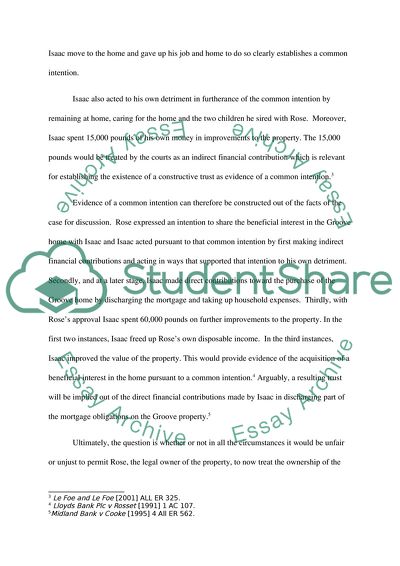Cite this document
(The Rights of Mortgagees, the Laws of Land Coursework - 2, n.d.)
The Rights of Mortgagees, the Laws of Land Coursework - 2. Retrieved from https://studentshare.org/miscellaneous/1750030-land-law
The Rights of Mortgagees, the Laws of Land Coursework - 2. Retrieved from https://studentshare.org/miscellaneous/1750030-land-law
(The Rights of Mortgagees, the Laws of Land Coursework - 2)
The Rights of Mortgagees, the Laws of Land Coursework - 2. https://studentshare.org/miscellaneous/1750030-land-law.
The Rights of Mortgagees, the Laws of Land Coursework - 2. https://studentshare.org/miscellaneous/1750030-land-law.
“The Rights of Mortgagees, the Laws of Land Coursework - 2”, n.d. https://studentshare.org/miscellaneous/1750030-land-law.


